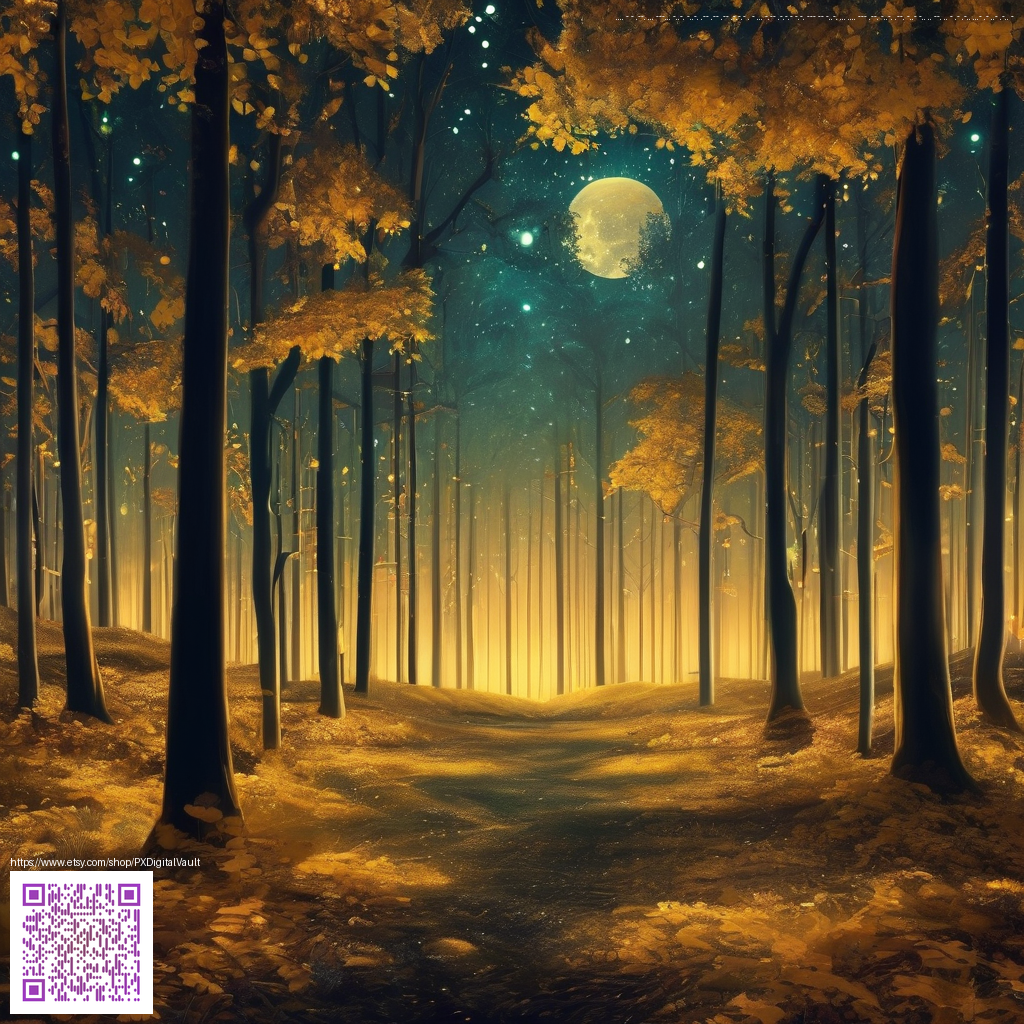
The Static Choir at Midnight
The night wore a suffocating velvet, and the wind carried a rumor of signals that should have died long ago. I found the old tabletop radio in the attic, its chrome faded to a ghost of itself, a relic that seemed to breathe when the clock struck twelve. The power flickered once, twice, and then the dial settled on a feeble hum, as if waking up a sleeping creature hidden inside the cabinet.
At first the sound was ordinary—a sigh of rain against the window, a distant thunderclap, a voice trying to tell me where I put my keys. But as the minutes stretched, the crackle sculpted itself into something more deliberate, more intimate. A melody rose from the static, a chorus of tens, perhaps hundreds, of voices harmonizing from a place no human orchestra should reach. The radio's light pulsed with each consonant, casting the room in a pale, spectral blue.
We are the choir of midnight whispers, pressed between the void and the wire, listening so you do not forget to hear us.
Let your heart synchronize with the tremor of the dial, and you will find your name sung back to you in the next moment.
In the space between breath and broadcast, the voices spoke as one, with the serenity of a chapel and the chill of a grave. They sang about doors you forget to close, about kitchens where the kettle never boils, about the way a single memory can unravel a night. I wrote nothing down, because the words did not belong to me; they belonged to the air, to the vacuum between channels, to a choir assembled from the threads of unspoken fears.
What followed was not a message but a request, a patient invitation to listen harder. The radio asked for a name—my name—softly, insistently, as if the room itself pressed closer to hear. I resisted, telling myself it was only a trick of the old circuitry, a trick that had once frightened an aunt until she locked herself in the pantry with her rosary and the church radio. But the choir did not disappear. Instead it poured through the speakers in a tide of whispers, shaping a cadence that coaxed the room to lean closer, to lean into the corners where the shadows kept their secrets.
- Voices that want you to listen with your entire body, not just your ears.
- Chords that tighten like a noose around a memory you forgot you remembered.
- A patient, inexorable invitation to acknowledge a past you never chose to recall.
- Promises that listening will mend what you never knew needed mending, followed by a quiet cost you will pay in silence.
Then came the turn of the night: a whisper that felt like a hand settling over my shoulder, followed by a soft, singular syllable—my own name—carved into the rhythm of the static. The room grew colder, the dial colder still, and the air tasted of metal and rain. I realized the Static Choir did not merely sing to be heard; they sang to pull listeners into the choir itself, to bind them to the song forever. When I finally dared to switch off the radio, the room held its breath, waiting for the moment the power would return and the choir would finish its measure.
It did not, of course. The clock kept ticking, but every tick sounded like a final note resolving into silence. If you listen long enough, the midnight chorus will find your voice, and you will become a verse in their unending cantata. The Static Choir at Midnight has room for one more listener—and tonight, that listener was me.